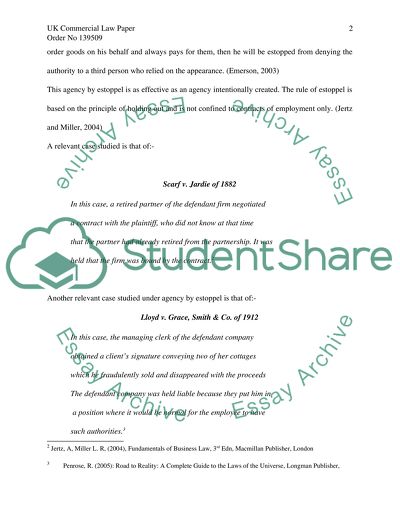Cite this document
(“UK Commercial Law Scenarios and Questions Essay”, n.d.)
UK Commercial Law Scenarios and Questions Essay. Retrieved from https://studentshare.org/miscellaneous/1519498-uk-commercial-law-scenarios-and-questions
UK Commercial Law Scenarios and Questions Essay. Retrieved from https://studentshare.org/miscellaneous/1519498-uk-commercial-law-scenarios-and-questions
(UK Commercial Law Scenarios and Questions Essay)
UK Commercial Law Scenarios and Questions Essay. https://studentshare.org/miscellaneous/1519498-uk-commercial-law-scenarios-and-questions.
UK Commercial Law Scenarios and Questions Essay. https://studentshare.org/miscellaneous/1519498-uk-commercial-law-scenarios-and-questions.
“UK Commercial Law Scenarios and Questions Essay”, n.d. https://studentshare.org/miscellaneous/1519498-uk-commercial-law-scenarios-and-questions.


